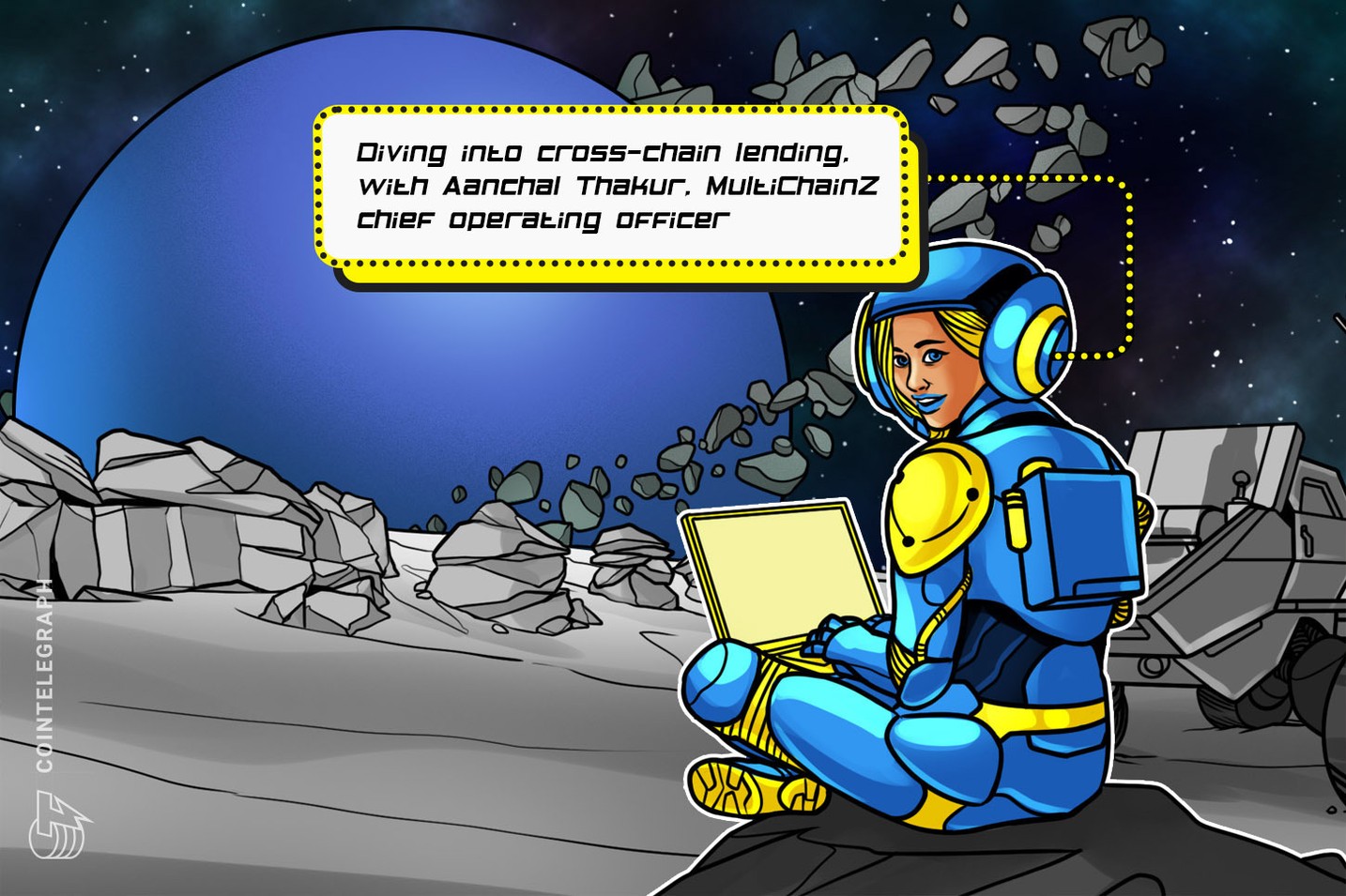Hashing It Out: Diving Into Cross-Chain DeFi Lending

Aanchal Thakur, Chief Operating Officer of MultiChainZ, believes that cross-chain lending platforms will open up more liquidity to users.

Hashing It Out Podcast spoke with Aanchal Thakur, Chief Operating Officer of MultiChainZ, to discuss a popular use case for decentralized finance (DeFi): lending. Moderators Elisha Owusu Akyaw and Thakur examined what sets a cross-chain lending platform apart from other platforms and the potential risks it poses. Other highlights include conversations about institutions, DeFi lending, non-fungible token lending, and how projects incorporate decentralized autonomous governance.
Thakur began her cryptocurrency journey by falling for a crypto doubling scam, which she says taught her an important lesson to take her research in the industry more seriously. She worked on several projects before joining MultiChainZ.
Thakur argued that there is a good case for building a cross-chain lending platform. She explained that money is unavailable to many people around the world and that creating a credit and lending platform that spans multiple networks opens up more sources of liquidity for users.
The MultiChainZ manager also argued that over-reliance on a single network could put projects at high risk. She explained that one of the right ways to ensure decentralization is to use multiple networks.
“If a blockchain is down for even two hours while Solana is down for a few hours, that impacts so many users.” It affected the trust of those users. Therefore, we realized that there was no point in building a product on a specific blockchain.”
Owusu Akyaw asked Thakur if he could onboard more institutions into Web3 through lending. According to Thakur, most institutional investors are concerned about risk and compliance. As far as risk is concerned, there is a need for a higher security threshold to attract large companies that manage large sums of money. Regarding compliance, she explained that while most Web3 developers like to think of the industry as a borderless environment, the real world has boundaries with regulations that need to be respected. In their view, failure to cooperate with regulators will keep more institutions out of the ecosystem.





